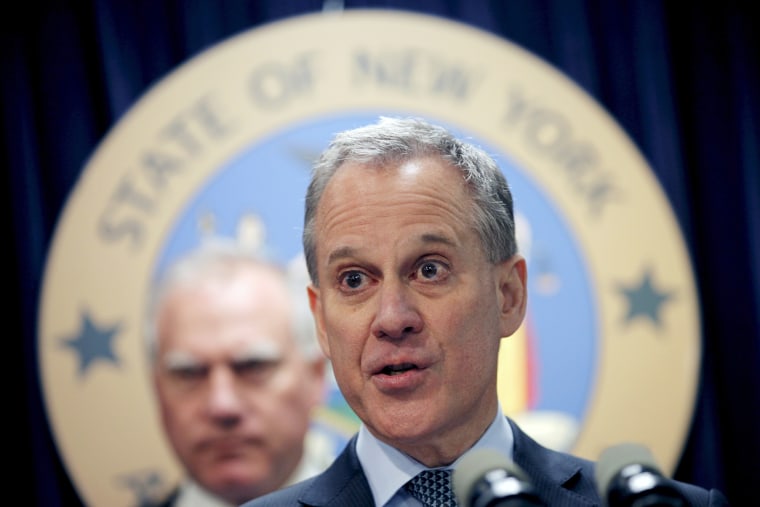The Trump administration Monday defended the president's revised executive order limiting travel from six Muslim countries, as more states sought to join the legal battle.
California, Maryland, Massachusetts and New York joined the lawsuit originally filed by Washington. And that state asked a judge to hold an emergency hearing on its request to block the revised order.
Issued March 6, the revised order blocks most travel to the U.S. for 90 days by citizens of Iran, Libya, Somalia, Sudan, Syria, and Yemen. It also suspends admission of refugees for 120 days. It takes effect March 16.
A federal judge is scheduled to hold a hearing March 15 in Honolulu on Hawaii's request for an emergency order to block enforcement of the new order. That prompted the Justice Department Monday to file the administration's first defense of the new order, arguing that the revisions cure any legal problems that prevented enforcement of the original one.
Related: Trump Administration Previews Defense of New Travel Order
Hawaii "is merely guessing" about what the order might mean to the state and is engaging in "mere speculation" when it argues that the executive order will interfere with recruitment by state universities and harm tourism, the government said.
"Hawaii does not identify any particular persons it seeks to recruit who have concrete plans to relocate to Hawaii and join a state university or agency — let alone any specific plans to do so in the next 90 days."
The state's lawsuit also contains a claim by a leading Islamic cleric, Ismail Elshikh, that he won't be able to get a Syrian relative into the country.
"His mother-in-law has not been denied a waiver. Until that happens, neither she nor Elshikh has suffered any injury fairly traceable to the order."
If residents of the affected countries are actually denied a visa and can't get one through the expanded waiver process in the new executive order, they can go to court, but not now before it happens, the Justice Department lawyers said. "There is no basis to restrain the order in the interim, and certainly no basis to restrain it nationwide."
Also Monday, lawyers for Washington state urged a federal judge in Seattle, James Robart, to hold an immediate hearing. They want Robart to make clear that his original order blocking enforcement applies to the new executive order, too.
While the new order contains changes, the basic legal problems remain, said Washington's attorney general, Bob Ferguson. It still suspends admission of refugees and still bans issuing visas to a group of Muslim countries.
Washington concedes that the new order no longer covers green card holders. Nevertheless, "it bars entry for virtually all other individuals from the listed countries, including: relatives of U.S. citizens, students who have been admitted to state universities, prospective employees of state universities and private businesses, and many others."
Judge Robart ordered the Trump administration to respond by Tuesday evening but said if he did grant Washington's request for a hearing, he would not schedule one before March 15.

